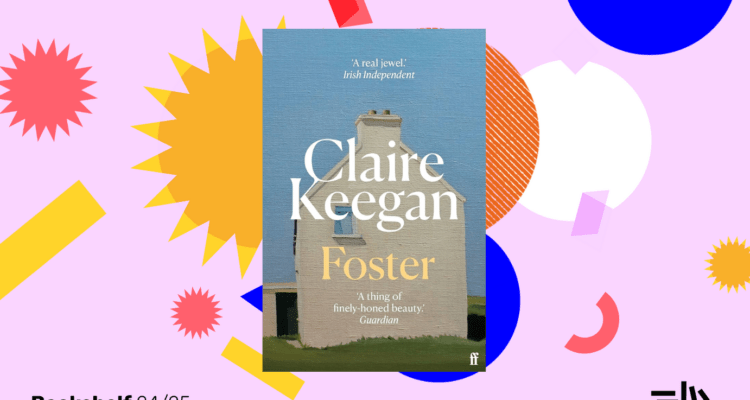Featured Poem: Epitaph by Katherine Philips
This week's Featured Poem comes from the Anglo-Welsh poet Katherine Philips whose poem, Epitaph, reflects on the death of a baby son.
The Anglo-Welsh poet Katherine Philips was born in London in 1631. While at boarding school between 1640 an 1645, she began to write, inspired by a circle of friends who appreciated French romances and Cavalier plays.
These readings would inspire her choice of name, Orinda, when she joined The Society of Friendship, a group which had it's origins in the cult of Neoplatonic love introduced to Britain by Charles I's French wife Henrietta Maria. Philips became renowned for her writings on female friendships, gaining much respect in literary circles of the time. She was widely considered 'the ideal woman writer' being virtuous, proper and chaste.
At the age of 16, Katherine had married Welsh Parliamentarian James Philips and in 1662 went to Dublin to pursue his claim to Irish estates. While there she translated Pierre Corneille's Pompee which was produced at Smock Alley Theatre to great acclaim and printed in Dublin and London in 1633. The translation was said to have broken new ground being the frist English play written by a woman to be performed on the professional stage. The following year she completed a translation of Corneille's Horace and was travelling to London to have it published when she died of smallpox.
In 1667 the first authorised edition of her poetry was published under the title Poems by the Most Deservedly Admired Mrs Katherine Philips, the Matchless Orinda. Her letters too were later published, but it was her poetry and translations which provoked many questions about political authority and expressed her royalist beliefs. Her intense, passionate representations of female friendship have caused modern readers to question her sexuality but Philips always insisted on the platonic nature of these friendships, calling them the "meeting of souls".
This week's Featured Poem however reflects on the death of a baby son, buried at St Syth's Church where she too would also be interred.
Epitaph
Share
Related Articles

January’s Choice From The Reader Bookshelf
The Reader Bookshelf is a carefully curated collection of literature for adults and children, exploring a different theme each year, this year’s…

December’s Stories and Poems
The Reader Bookshelf theme of ‘Wonder’ might make many of us think of the very special kind of wonder which…

December’s Choice From The Reader Bookshelf
The Reader Bookshelf is a carefully curated collection of literature for adults and children, exploring a different theme each year, this year’s…


